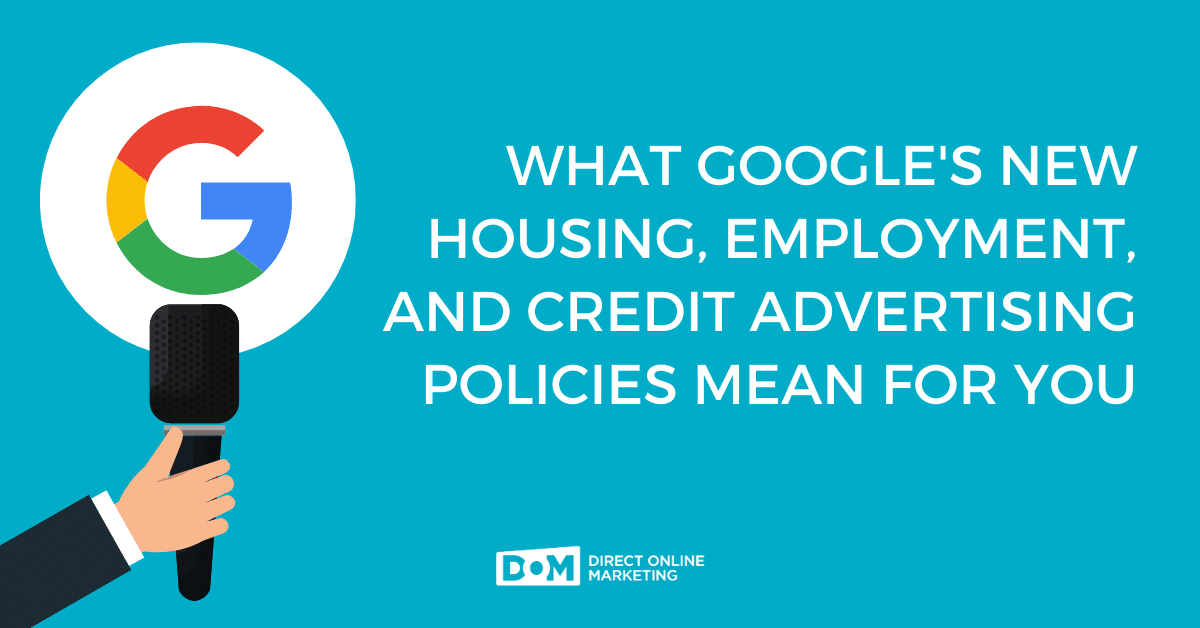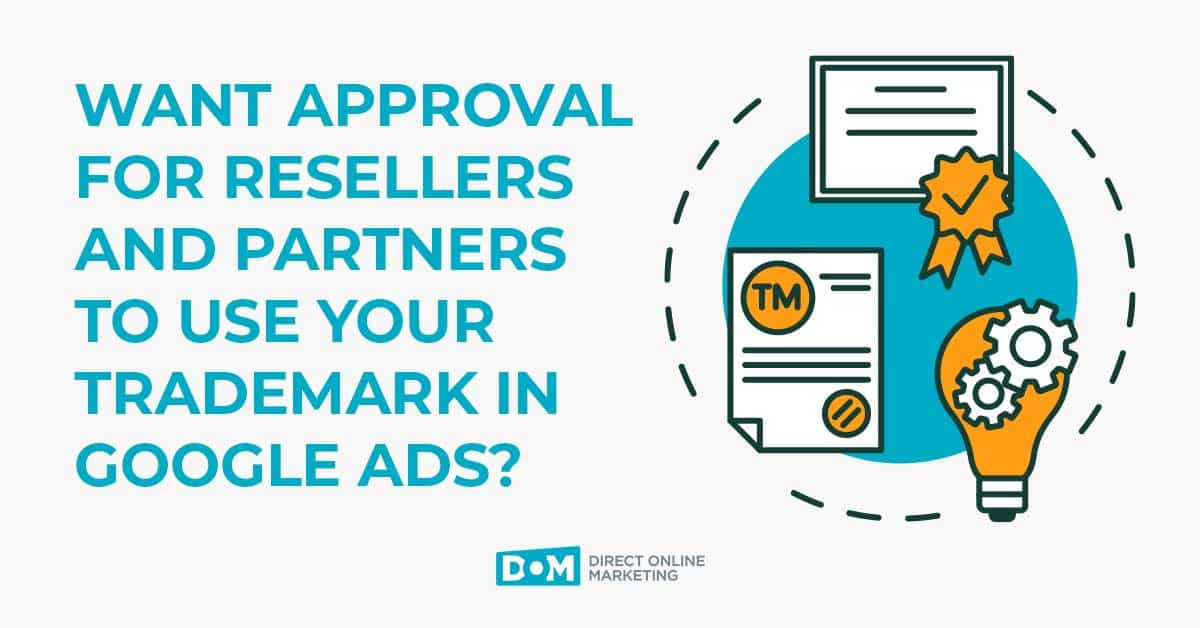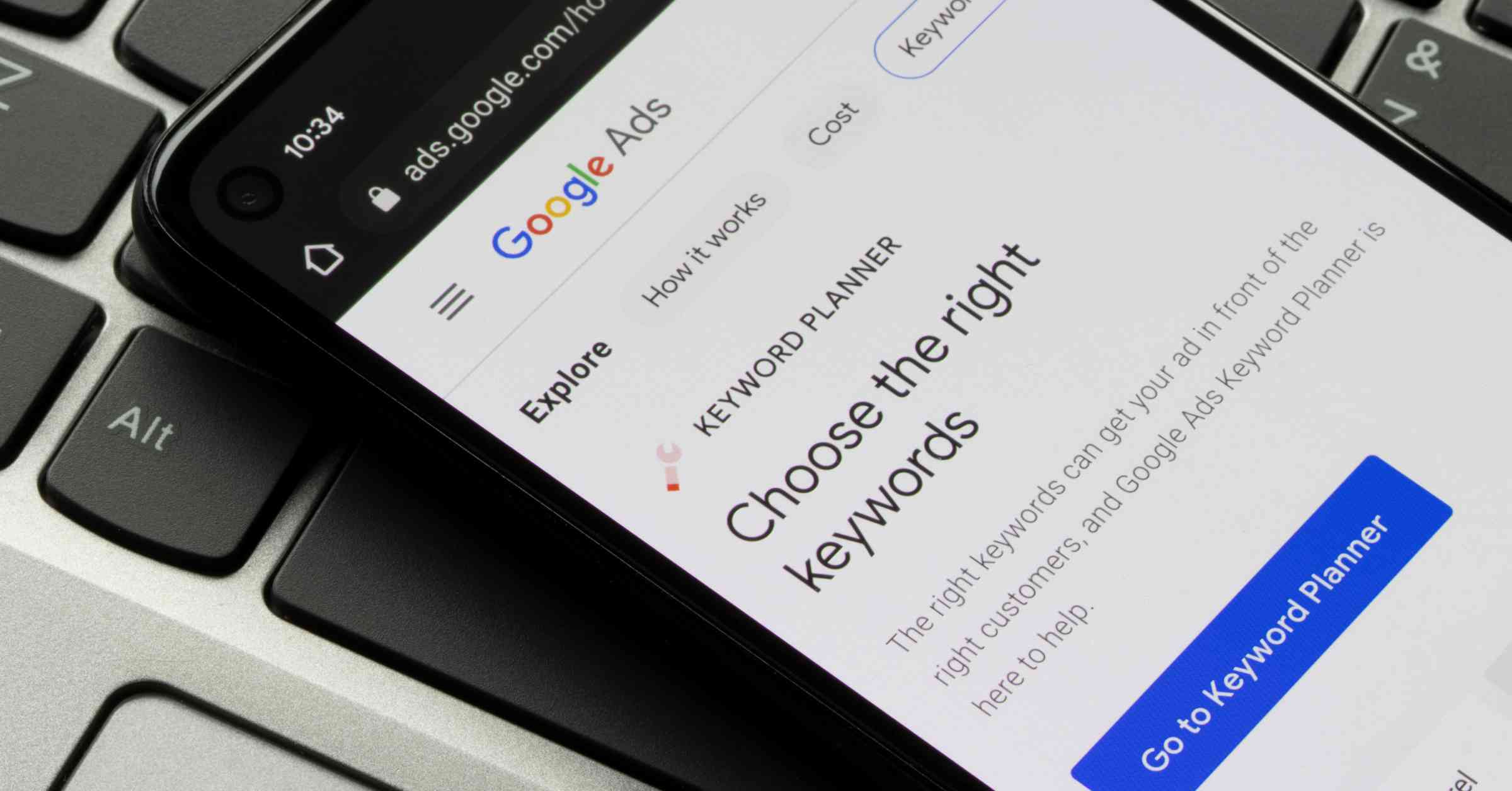What Google’s New housing, employment, and credit advertising policies mean for you

We are in the middle of one of the worst economic downturns in the history of the country. Just the month of March saw unemployment numbers that rivaled the Great Depression, with marginalized communities hit hardest. As if the COVID-19 pandemic weren’t enough of a strain on its own, the massive shutdowns have meant economic turmoil for the most vulnerable populations among us.
Google has stepped up to address one of the potential pitfalls faced by people already facing so much economic hardship by disallowing certain advertisers from targeting certain populations based on the demographic information Google collects.
The facts are these
Google’s Scott Spenser recently posted on the official Google Blog, which you can read at this link. Companies that focus on employment, housing, and credit will no longer be able to target their ads based on the religion, ethnicity, race, sexual orientation, national origin, disability status, or zip code of Google users. These demographic indicators are common markers for predatory practices, as identified by the US Department of Housing and Urban Development.
Just last year, Facebook, the second-biggest provider of online advertising, was charged with violating the Fair Housing Act; it is alleged that Facebook allowed landlords and other companies the ability to engage in housing discrimination. “Using a computer to limit a person’s housing choices can be just as discriminatory as slamming a door in someone’s face,” said HUD Secretary Ben Carson.
While it’s nice to think that Google’s late and lamented “don’t be evil” company motto is still at play, the $5 million in fines paid by Facebook for their violations doubtlessly played a role in their decision.
What it means for you
If you’re handling your own digital advertising, or if you’re letting someone else do it for you, the difference will only apply to you if your business focuses on employment, credit, or housing. In those cases, you will not be able to target or exclude anybody based on the above demographic criteria. These changes are set to roll out as soon as possible, with a guarantee that they will be implemented by 2021.
We asked Leland Reed, DOM’s Digital Advertising Department Manager, how these changes fit into the overall schema of digital advertising.
“This change isn’t going to have a huge impact on a lot of advertisers, but for those in the HEC category, it will fundamentally change how they target for advertising within Google,” says Leland. “These changes are very similar to what Facebook has already enacted. The changes are to combat discrimination and are the right thing to do, but it does make hitting a target audience with ads more difficult.”
If you still have questions, or if you need some help navigating the waters of digital advertising, we’ve got you covered.
Interested in diving a little bit deeper into issues related to digital advertising and privacy regulations? Check out one of these helpful resources:


